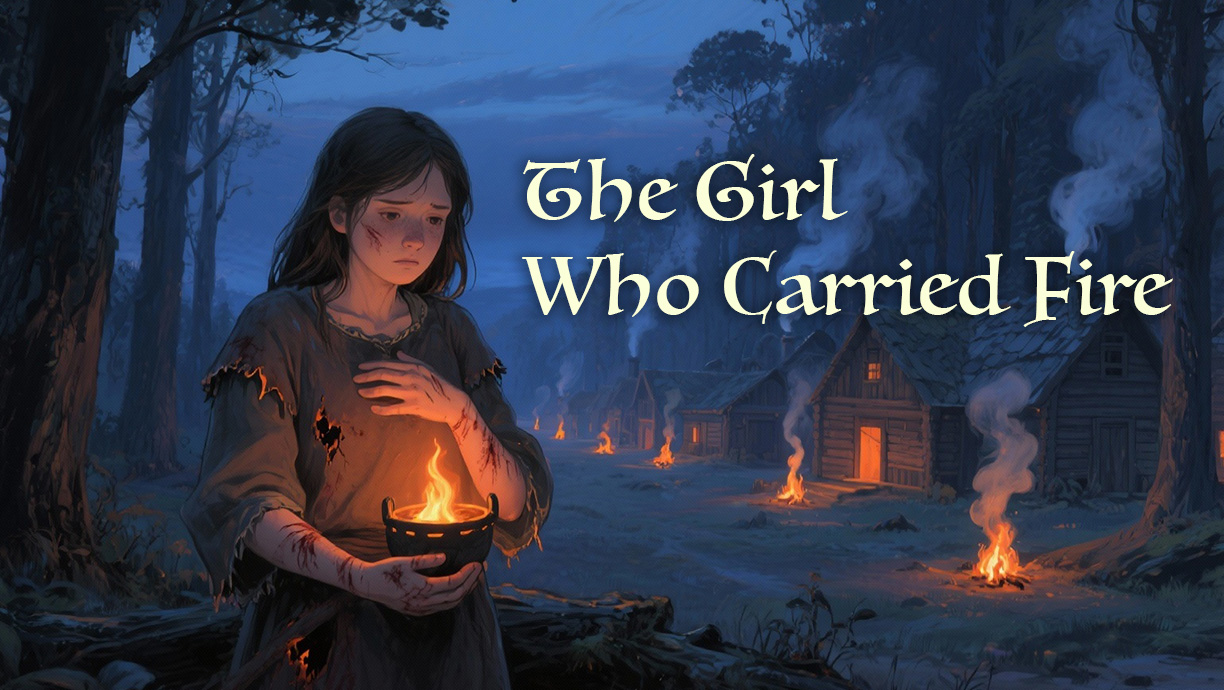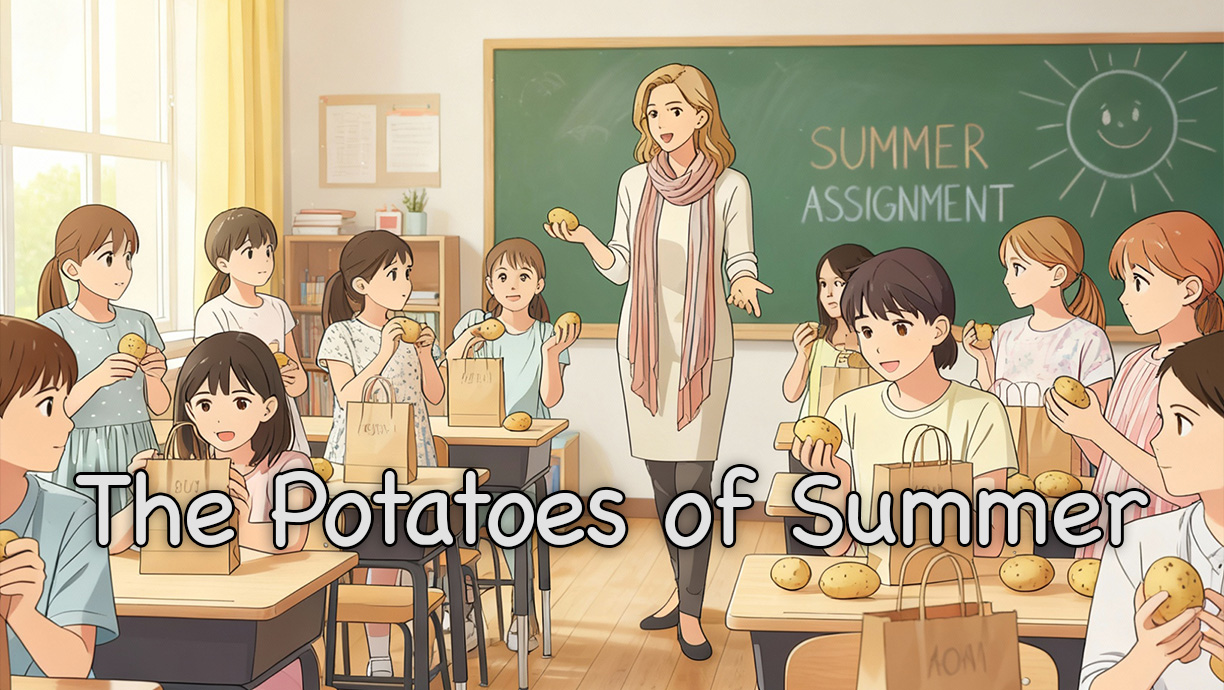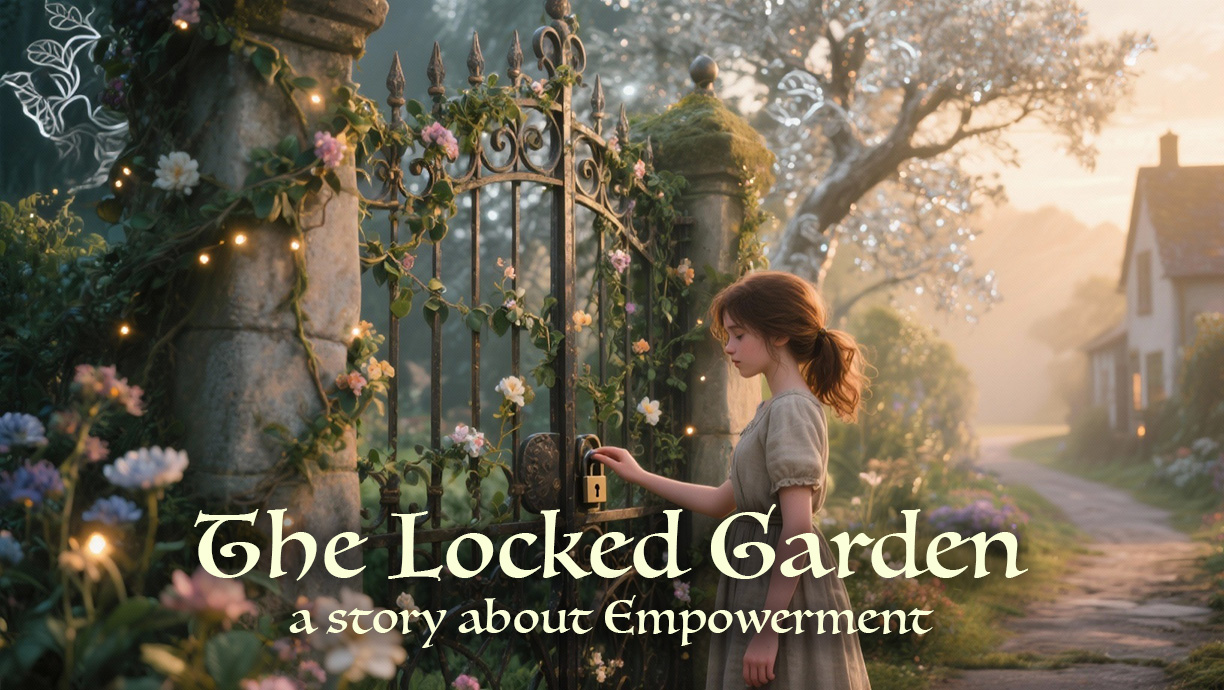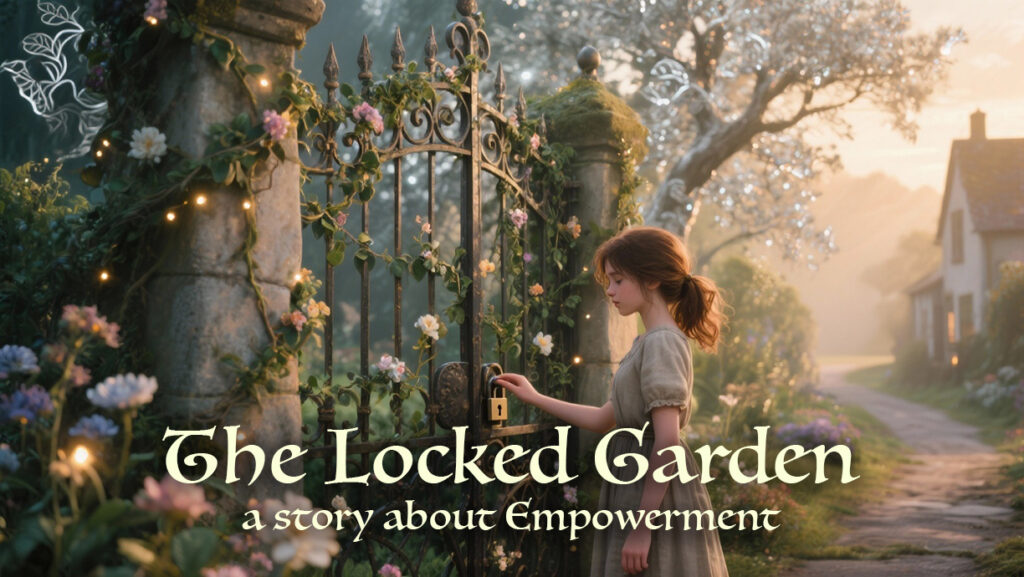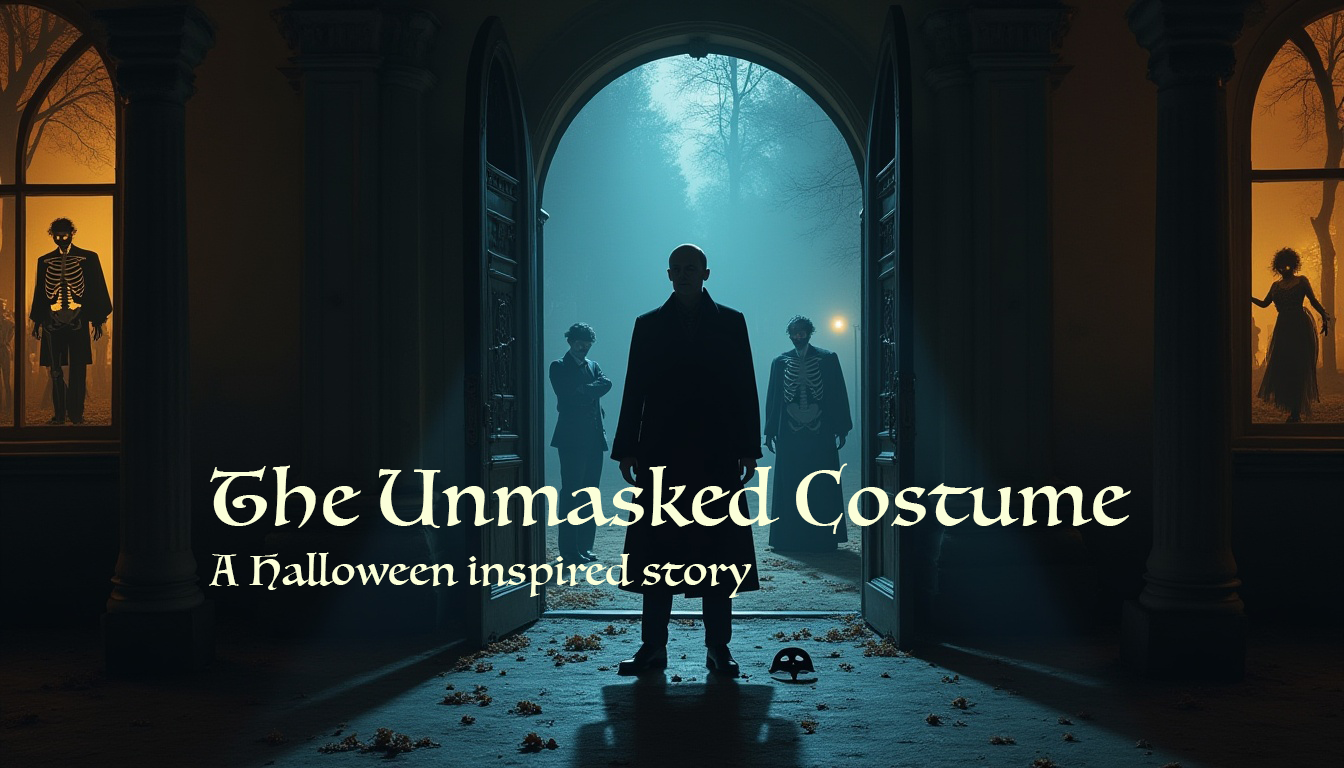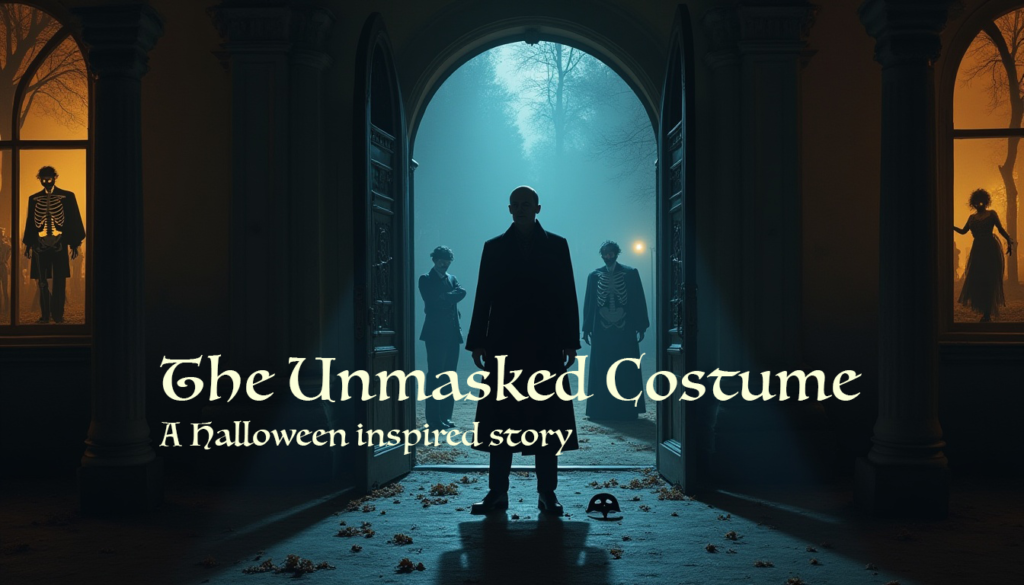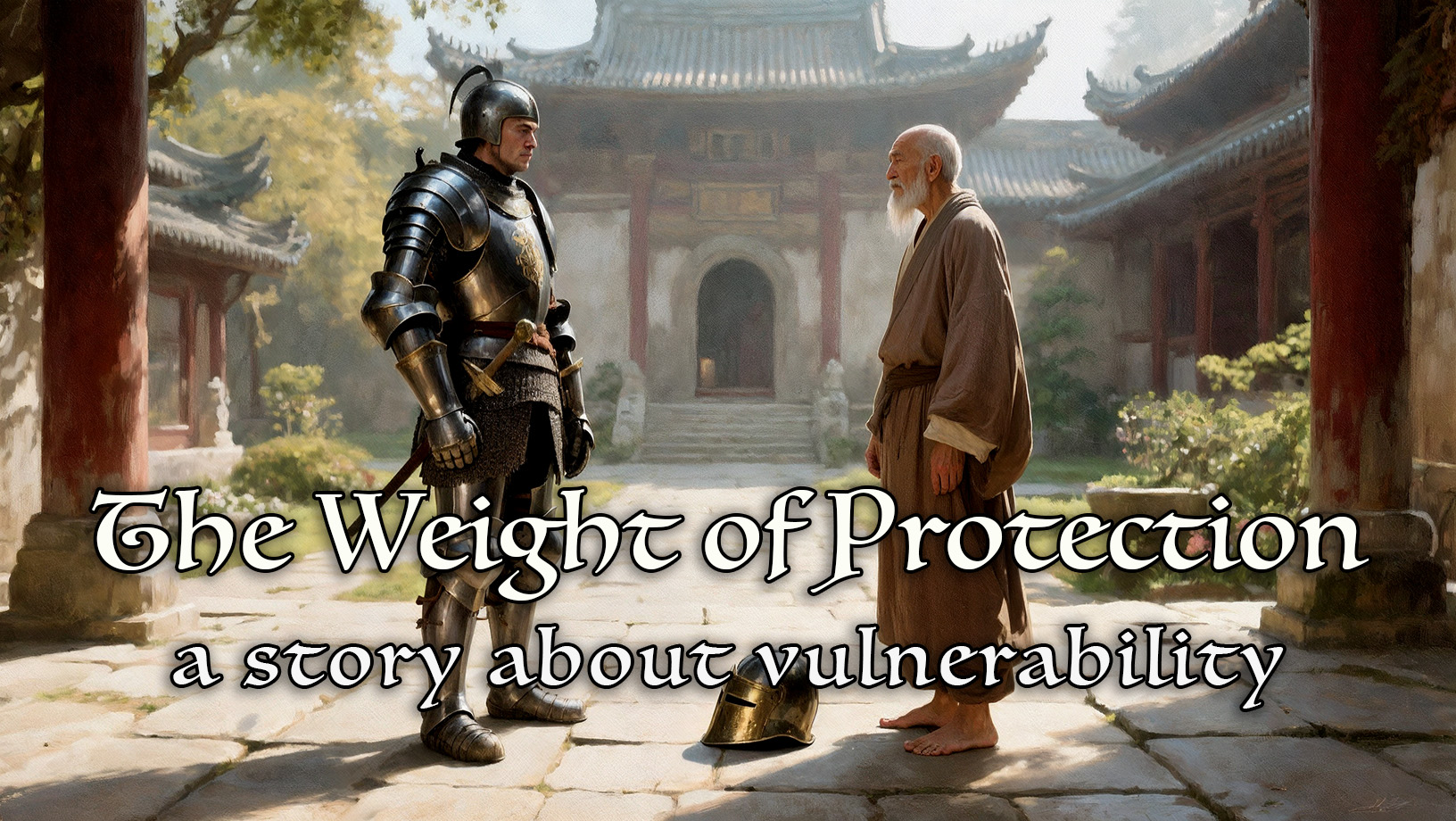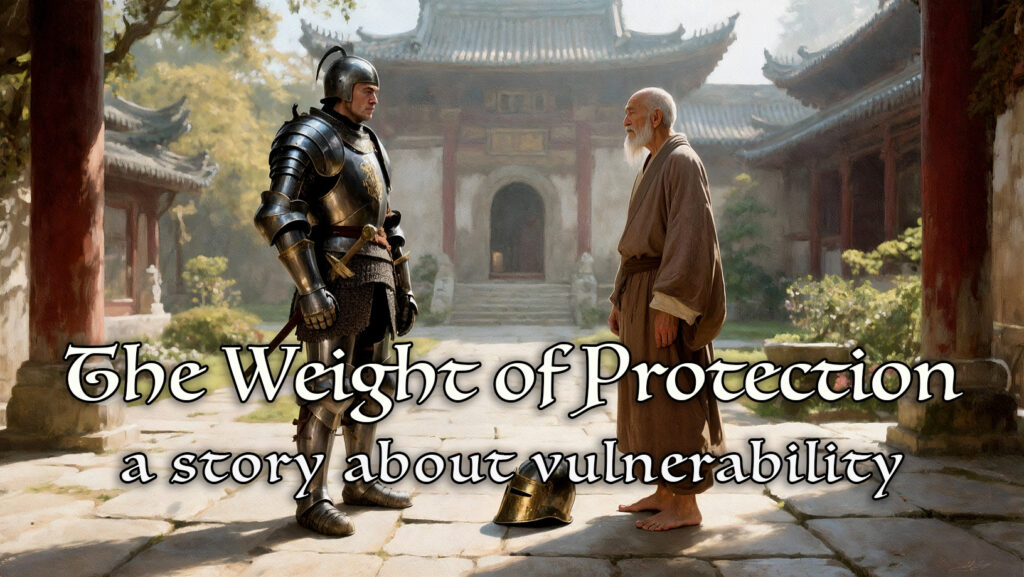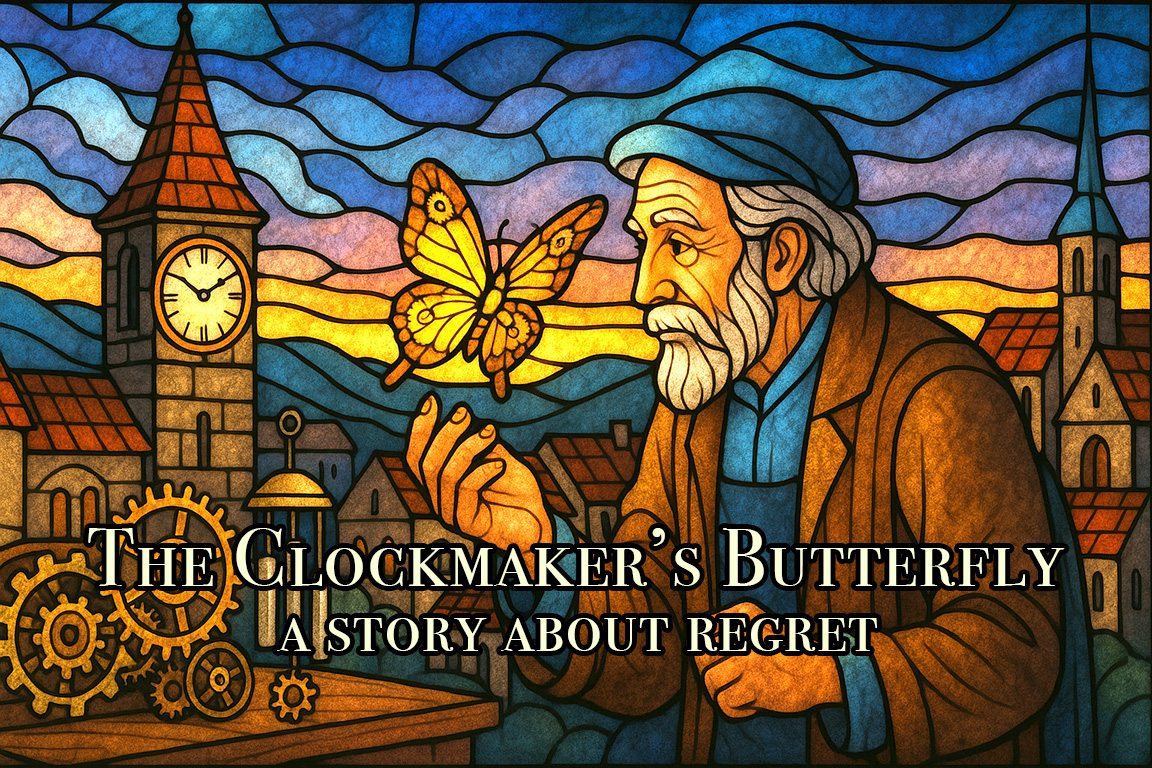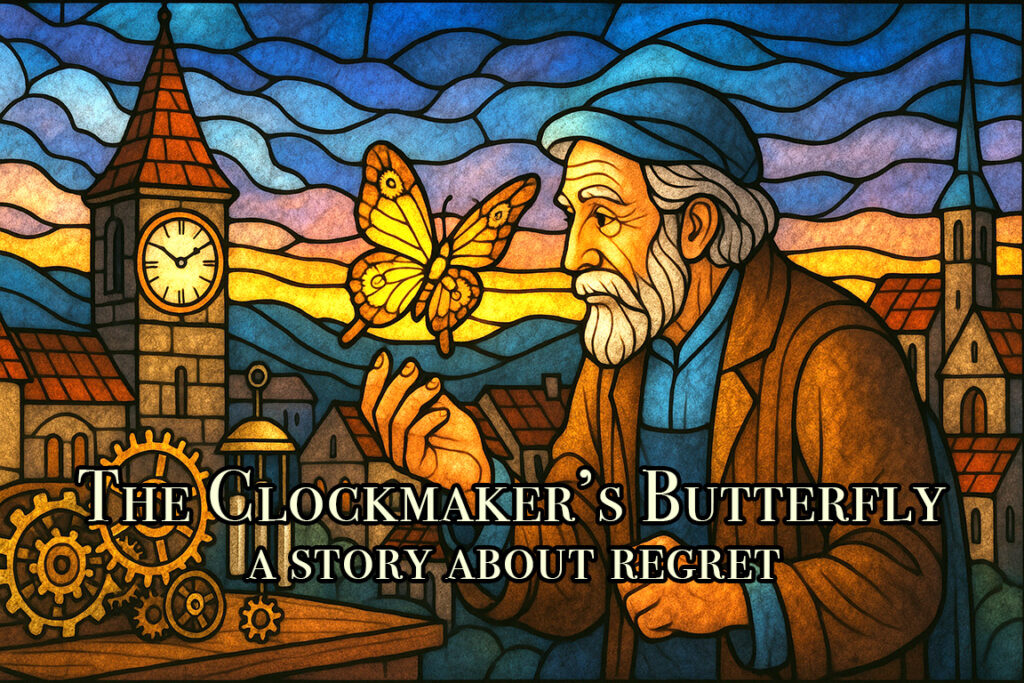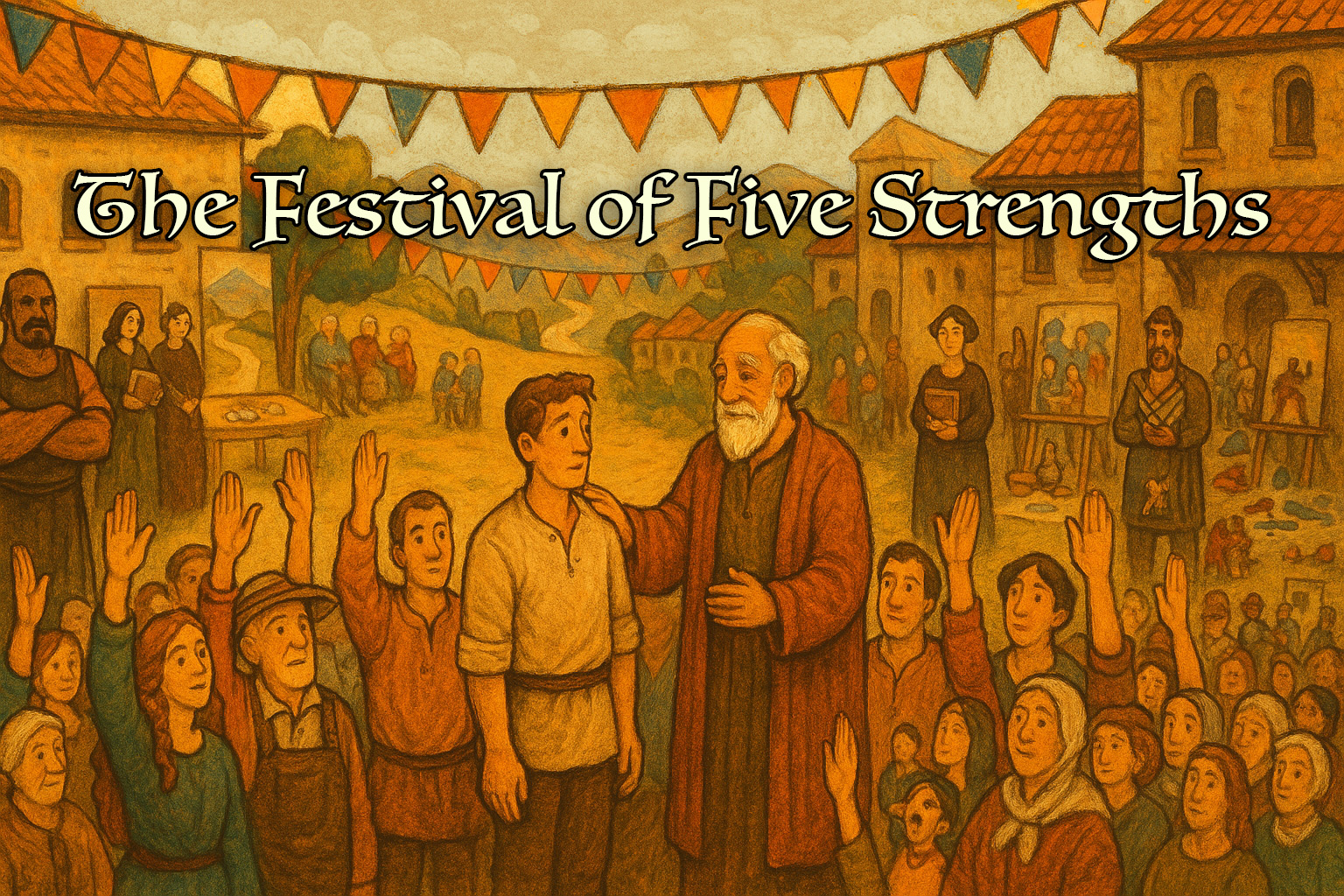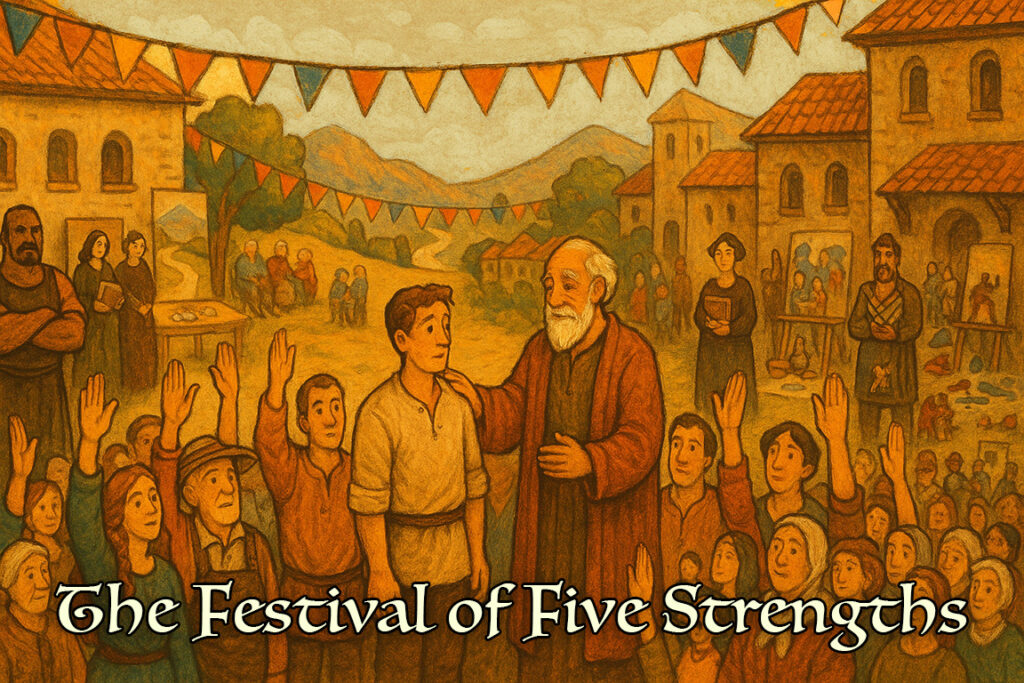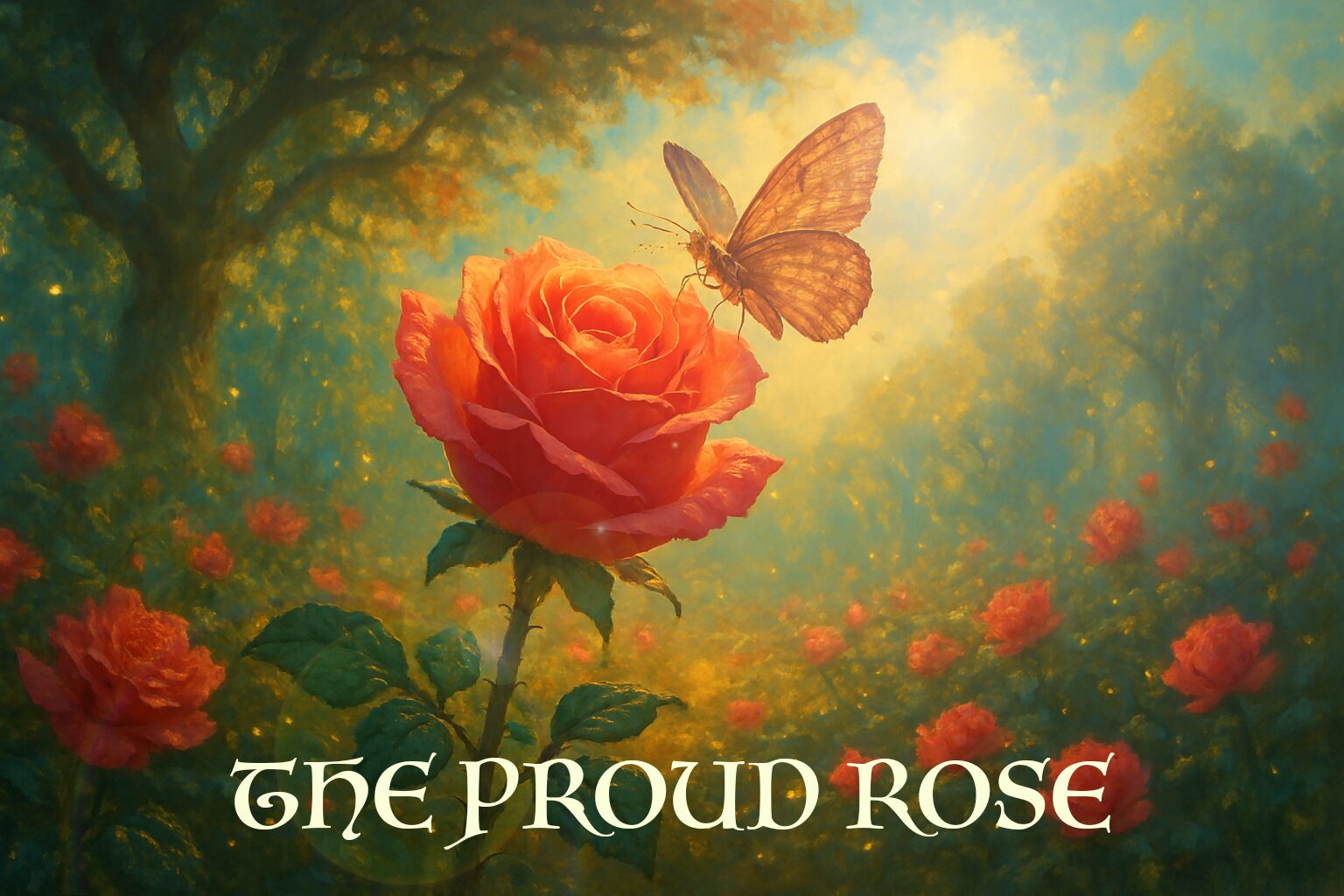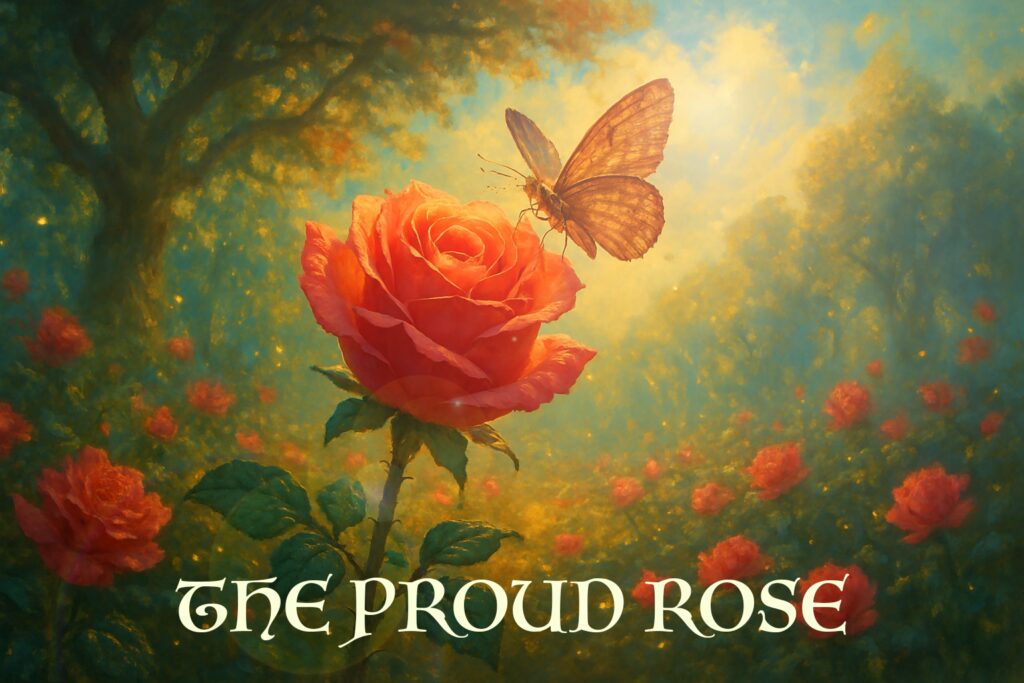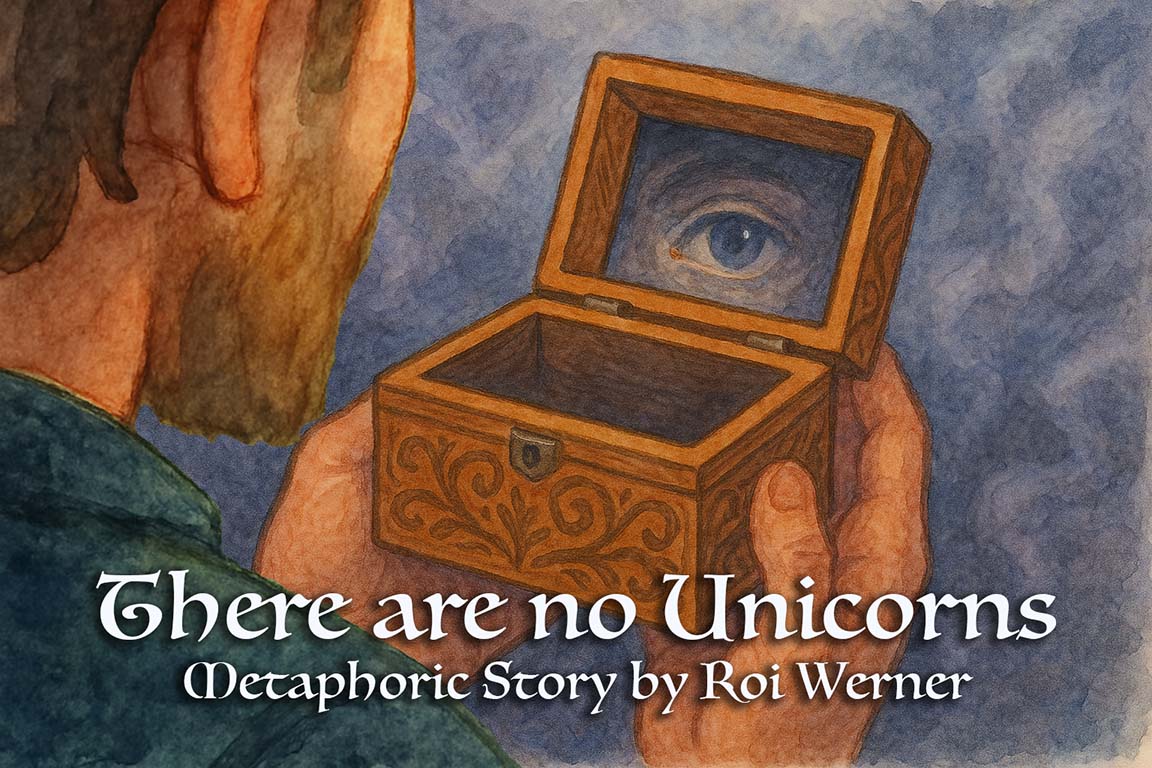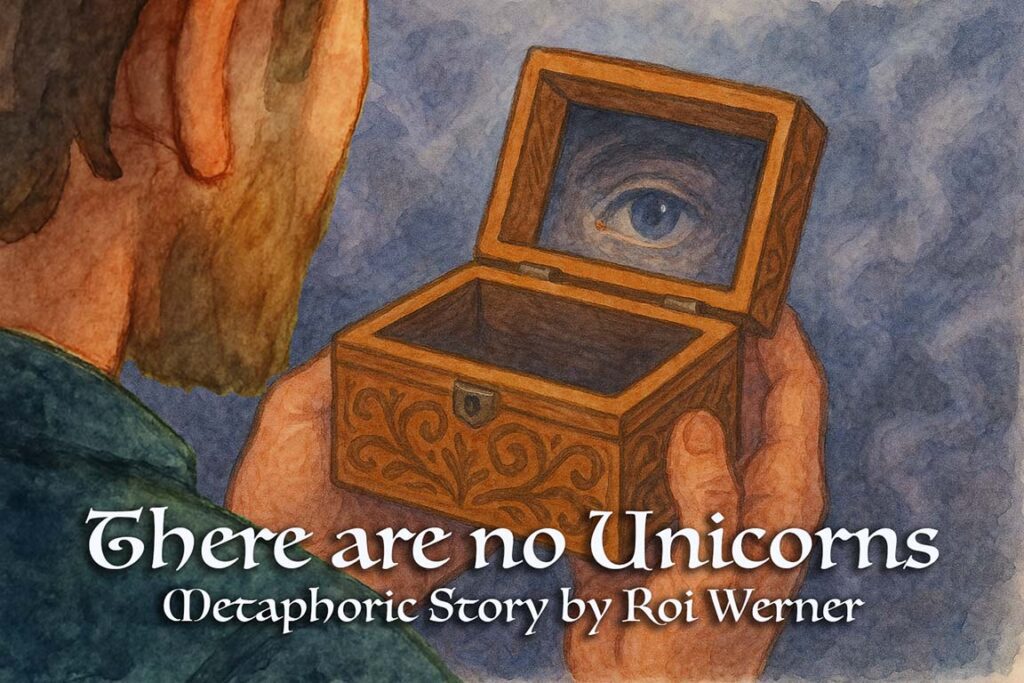The Girl Who Carried Fire
A story about holding anger
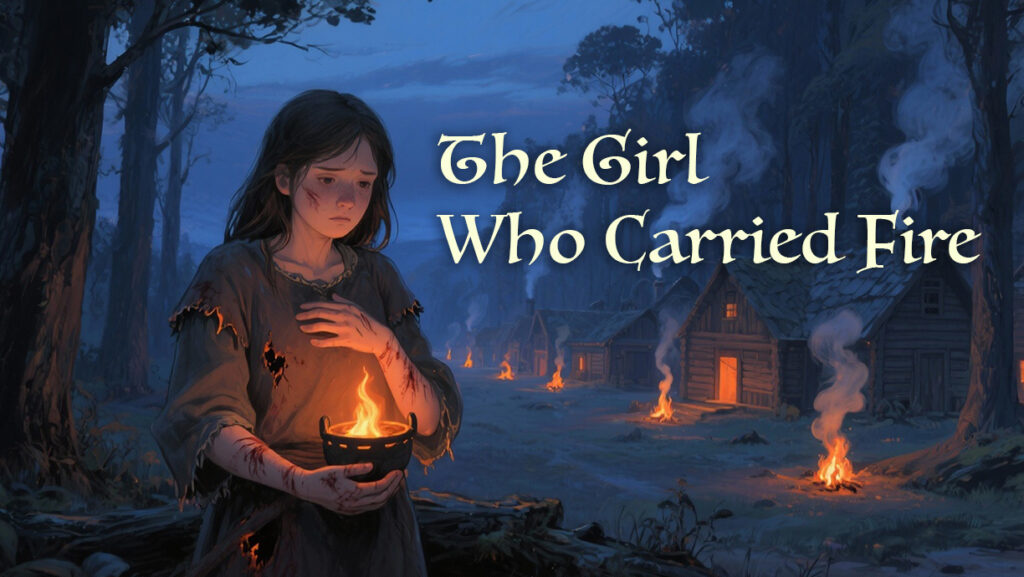
Once upon a time, lived a woman named Nira. She lived in a village where life was pretty normal – there were the usual half-burned houses, the big scorched farms, markets with their eternal open flames, and everyone, of course, carried their own fire.
Nira was only six years old when she learned why everyone carried fire.
She had wandered beyond the village edge, chasing a butterfly. Suddenly she heard a low growl that made her blood turn cold. Through the darkening trees, she saw them: three pairs of yellow eyes. Wolves.
They moved fast. One lunged, teeth sinking into her leg. She screamed and kicked, scrambling backward. Another snapped at her arm, tearing fabric and skin. Somehow, in her terror and pain, she managed to grab a fallen branch and swing wildly. The wolves circled, growling, but something—perhaps her desperate screams, perhaps luck—made them hesitate just long enough for her to stumble away and run.
She burst into the village sobbing, blood streaming from the bites on her leg and arm.
Her parents rushed to her, cleaning and binding her wounds. When the worst of the pain had subsided, her father knelt beside her, his face grave. “This happened because you had no fire,” Her mother stroked her hair. “If you had carried flame, you could have hurt them.”
That night, despite her wounds—or perhaps because of them—the elders placed a small flame in her trembling hands. “This will keep you safe,” they told her. “Guard it well. Never be without it again.”
And she never was.
As years passed, the fire became more than protection—it became comfort.
When she was twelve, walking home at twilight, she heard rustling in the bushes, saw shadows moving. Her heart hammered, but she raised her brazier high. The flame cast its protective circle, and whatever lurked in the darkness did not approach.
That night, she held her brazier close, feeling its warmth. It had protected her. She whispered thanks to the flame, as her mother had taught her. The fire was her shield, her guardian. She was not alone in the darkness as long as it burned.
The first serious burn came when she was fifteen.
Deep in the night, she woke to sounds outside her window—scratching, snuffling, something large moving near the house. Heart racing, she grabbed her brazier with trembling hands and rushed to the window.
But her hands shook badly. As she raised the brazier, burning coals spilled onto her forearm.
The pain was blinding. She dropped the brazier, scattering embers across the floor. For a terrible moment, she forgot the predator outside entirely, frantically stamping out flames before they consumed her room.
Her mother came running. After they extinguished every spark, her mother wrapped the angry red wound. “The fire protects us,” she said gently but firmly, showing her own scarred hands, “but it demands respect. We all have burns. Your father has them. Your grandmother has them. This is just part of life. We need the fire, and a few scars are the price we pay for safety.”
The elders agreed. “Better a burn than to be defenseless. The fire keeps us alive.”
And Nira believed them. Because what else could she believe?
As Nira grew, the burns became routine.
A spark catching her sleeve while cooking—another scar on her wrist. Stumbling with the brazier in rain—a burn on her thigh. Wind shifting unexpectedly—singed eyebrows, another mark on her hand. Her brother cried when hot oil splashed his cheek, leaving a permanent mark. The neighbors’ house caught fire one winter, half their home burned.
But always the answer was the same: “This is the way. The fire protects us. The pain is worth it.”
She learned to move carefully, always. The constant low ache of healing burns. The tight pull of scarred skin. The time spent tending the flame—feeding it, protecting it from wind and rain. Poor sleep, always half-aware, ready to wake if the fire needed attention.
The fire demanded everything. Vigilance. Sacrifice. Her body, piece by piece.
And yet she held onto it. Because without the fire, what would protect her? The thought of facing darkness empty-handed was more terrifying than any burn.
One autumn morning, while scouring at the forest edge, Nira heard footsteps. She turned, raising her brazier in defense, and saw a traveler emerging from the path.
But something was wrong.
The traveler carried no fire.
Nira stared, confusion flooding through her. The woman walked calmly, confidently, her hands empty except for a walking stick. No flame. No brazier. No lamp. Nothing.
“Wait!” Nira called out, hurrying forward. “You—where is your fire?”
The traveler stopped and smiled, a warm expression that held no fear. “I don’t carry one,” she said simply.
Nira felt her heart race. “But… the wolves. The predators. How do you protect yourself?”
The traveler smiled. “I used to carry fire. When I was young, I lived in a village like yours.” She held up her scarred hands. “My clothes caught fire once. My shelter burned. I spent so much time afraid of what might hurt me that I hurt myself constantly. The fire I carried to protect me wounded me far more than any predator ever did.”
“Then how do you survive?”
“I learned to make myself bigger—not with fire, but with my own presence. I learned to stand tall. To use my voice, loud and clear. To move with confidence. When predators see me now, they see someone who owns the space she occupies. They don’t attack.”
Nira shook her head. “That’s impossible.”
“I’ve been to many villages,” the traveler said gently. “Some carry fire like yours. Others learned different ways. The question is: which hurts you more? The threat of what might attack you, or the fire you carry every day?”
She walked away, fearlessly into the forest.
And for the first time, Nira wondered if everything she’d believed was the only truth, or simply the only truth her village had known.
That night, Nira tended her fire as always. But she looked at the burn on her wrist. Her mother’s scarred hands. Her father cursing as a spark landed on his sleeve.
And slowly, a question formed:
What if the thing I’m using to protect myself is actually the thing that’s hurting me most?

